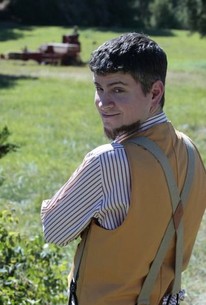


Dany’s “dracarys” problem - or why good revolutionaries can make for bad leaders - explainedĮarlier in the show, Game of Thrones put in a lot of work setting up parallels between Daenerys’s conquests in Essos and George W. Game of Thrones seems to be setting up Daenerys for a version of a common real-world problem, one in which successful revolutionaries turn out to be awful leaders. Would a queen whose fiercest followers use “dracarys” as their watchword really care for the ordinary people of the Seven Kingdoms? Varys’s central argument in that scene, in essence, boils down to this: A woman known for burning her enemies, clearly consumed by rage and passion, isn’t likely to make the wisest or most compassionate judgments. In one of the episode’s tensest and most memorable scenes, Varys and Tyrion have a fierce debate over whether to replace her with Jon. The Stark kids question whether she’s earned the North’s loyalty and immediately start spreading the truth about Jon’s parentage. Much of the episode, titled “The Last of the Starks,” is spent debating whether Daenerys is fit to be queen of the Seven Kingdoms. But for others, that Daenerys has made her rule synonymous with burning people is the biggest problem with it. At the end of Game of Thrones season eight, episode four, when Cersei asks Missandei to say her last words, she only has one to offer: “dracarys.” It’s the High Valyrian word for “dragon fire,” and the word Daenerys uses to order her dragons to turn their flames on her enemies.įor Missandei, who was freed from slavery when Daenerys ordered her dragons to kill the slavers who held her way back in season three, the word is a symbol of freedom and synonymous with Daenerys’s rule.


 0 kommentar(er)
0 kommentar(er)
